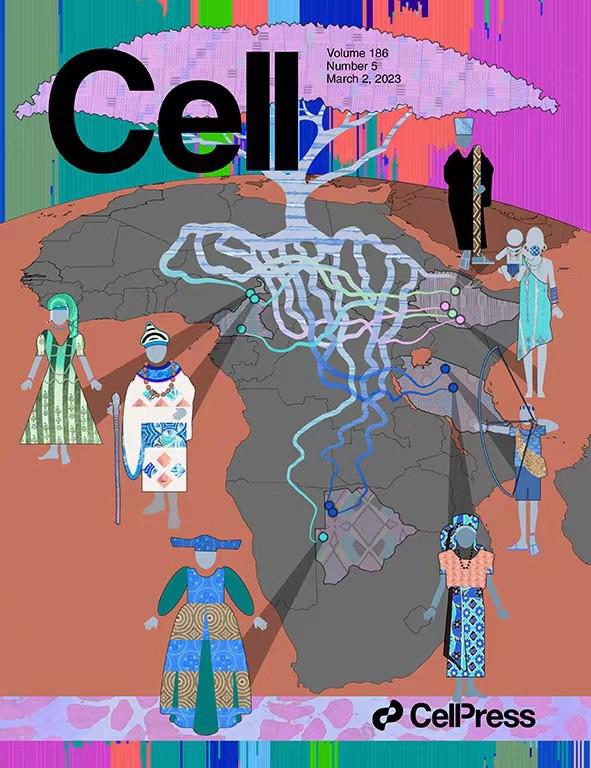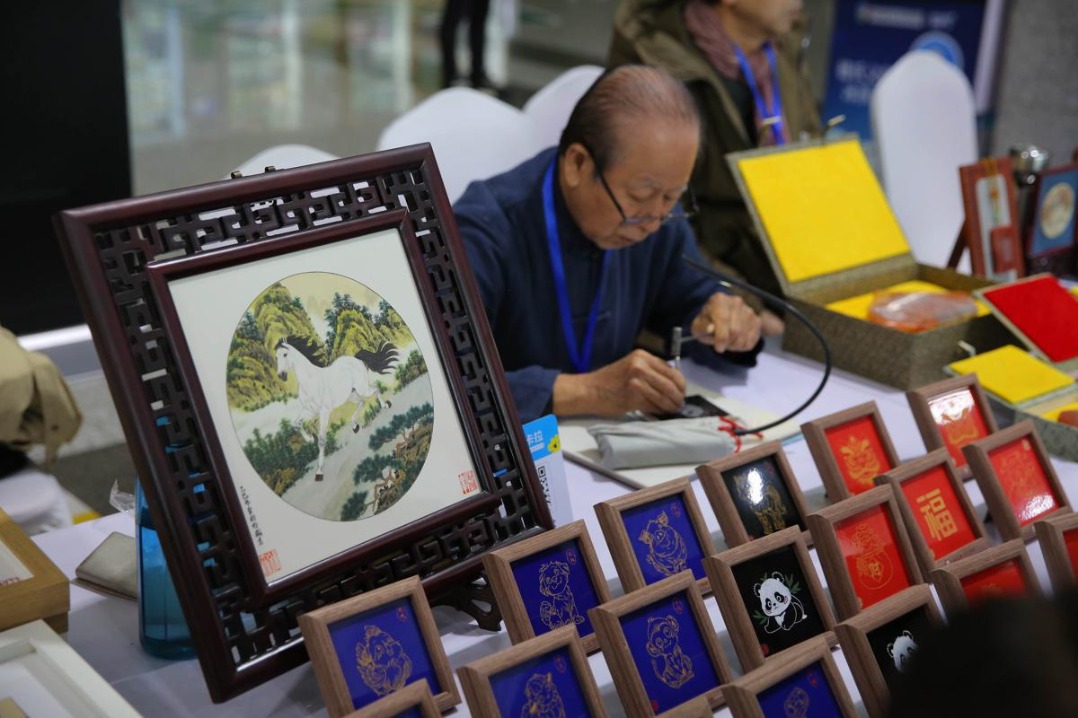Study based on whole-genome sequencing of 180 Africans published in Cell


The results of a seven-year study based on genome sequences of 180 indigenous Africans from a dozen ethnically, culturally, geographically, and linguistically varied populations was published in the journal Cell on March 3.
Completed by an international team of researchers led by the University of Pennsylvania, the study is the first in the world to feature rigorous whole-genome sequencing of such a genetically diverse mix of African groups.
The study is deemed significant because despite the essential role that Africans have in the origins and evolution of anatomically modern humans, this group of people are still underrepresented in human genomic studies.
Apart from significantly expanding what is known about human genetic diversity and offering new insights into human history and biology, the findings of the study also have implications for understanding health conditions common in people of African ancestry, and this could in turn inform precision medicine approaches in the future.
The study was focused on populations that practice more traditional lifestyles in remote areas that can be difficult to access.
Across these populations, the research team characterized millions of genomic variants known as single nucleotide polymorphisms (SNPs), many of which were predicted to be functional and of potential biomedical relevance.
Based on the variants, the study depicts a complex demographic history of African populations, consisting of ancient population divergence, regional and cross-continental migration, and admixture events.
"If all humans came out of Africa, as increasing evidence suggests, it would be expected that more effort and resources be put into studying human genetics in Africans so as to better understand not only human genetics but human physiology and pathology in general, the basis for more precise human medicine," said Alfred Njamnshi, a professor at Cameroon's University of YaoundeI and a co-author of the paper, in a news release.
For example, when the research team cross-referenced the previously identified SNPs with those in a widely used database for clinical studies, they discovered many of the variants found in the African individuals in the study had been classified as pathogenic.
"This does not mean African populations have more 'pathogenic' variants," said Fan Shaohua, a lead author in the paper who completed a postdoc at University of Pennsylvania and is now a professor at China's Fudan University.
"Rather, it emphasizes a strong need to include ethnically diverse populations in human genetic studies, especially because rarity is one of the criteria for determining a variant's pathogenicity in clinical studies."
In other words, some of these variants may have been miscategorized as associated with disease only because they were so uncommon in other populations, such as Europeans, which dominate these clinical databases, Fan added.
- IP protection for new fields to improve
- Draft rules define premade dishes in consumer interest
- Self-powering pacemaker could last a lifetime
- China intensifies crackdown on misuse of personal data
- China issues new rules classifying online content harmful to minors
- Chinese vice-premier urges efforts to consolidate poverty alleviation achievements




































